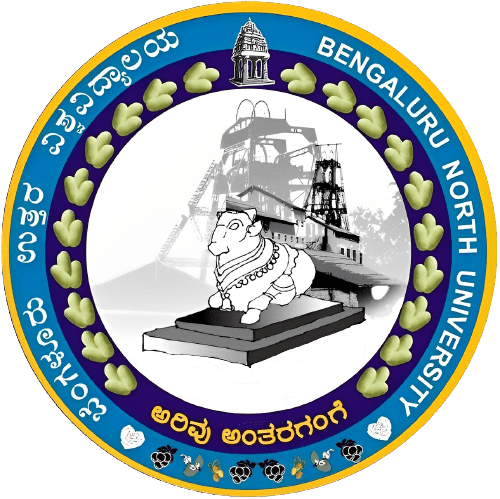ARTS
Arts refer to a diverse range of human activities and expressions that involve creativity, imagination, and emotional expression. It encompasses various forms such as visual arts, performing arts, literature, music, architecture, and more. The arts are a means of communication, enabling people to express themselves and communicate ideas, emotions, and experiences. They also have the power to entertain, inspire, and challenge our thinking, broadening our perspective and enriching our lives. Through the arts, people can explore different cultures, histories, and societal issues. They play a vital role in shaping our collective human experience and are an integral part of our cultural heritage.
HEPS (History, Economics, Political Science, Sociology)
History:
History is the study of past events, people, and societies. It involves a systematic examination of human activities, cultural practices, and the evolution of civilizations over time. History provides us with an understanding of our collective past and the factors that have shaped our world today. It helps us understand how societies have developed and changed over time, and provides us with lessons and insights that can inform our future. History encompasses a wide range of topics, including political, social, cultural, economic, and technological developments. Studying history allows us to gain a deeper appreciation for the diversity of human experience, and to learn from the triumphs and tragedies of the past.
Economics:
Economics is the study of how individuals, businesses, governments, and societies make decisions about the allocation of resources. It examines how people make choices in the face of scarcity, and how those choices impact production, consumption, and distribution of goods and services. Economics covers a broad range of topics, including microeconomics, which focuses on the behavior of individuals and firms, and macroeconomics, which examines the behavior of the economy as a whole. Economics plays a crucial role in addressing some of the world’s most pressing issues, including poverty, inequality, unemployment, and climate change. By analyzing and understanding economic systems and policies, economists strive to improve the welfare of individuals and societies.
Political Science:
Political science is the study of the theory and practice of politics and government. It examines the institutions, processes, and policies that shape political systems and their interactions with society. Political scientists analyze political behavior, decision-making, power, and the distribution of resources in society. They also study the impact of political systems on social, economic, and environmental issues. Political science covers a broad range of subfields, including comparative politics, international relations, political theory, and public policy. Political science plays a crucial role in understanding and shaping political systems, both in terms of improving governance and addressing societal issues such as inequality, human rights, and democracy.
Sociology:
Sociology is the scientific study of human society and social behavior. It examines how individuals and groups interact, and how they are shaped by social, cultural, and historical factors. Sociologists study a wide range of social phenomena, including social inequality, race and ethnicity, gender and sexuality, globalization, and social change. They use a variety of methods, such as surveys, interviews, and observation, to collect data and analyze social patterns and trends. Sociology helps us understand the complexities of human society and provides insights into how societies function, change, and develop. It is also useful in identifying and addressing social problems such as poverty, crime, and discrimination.


